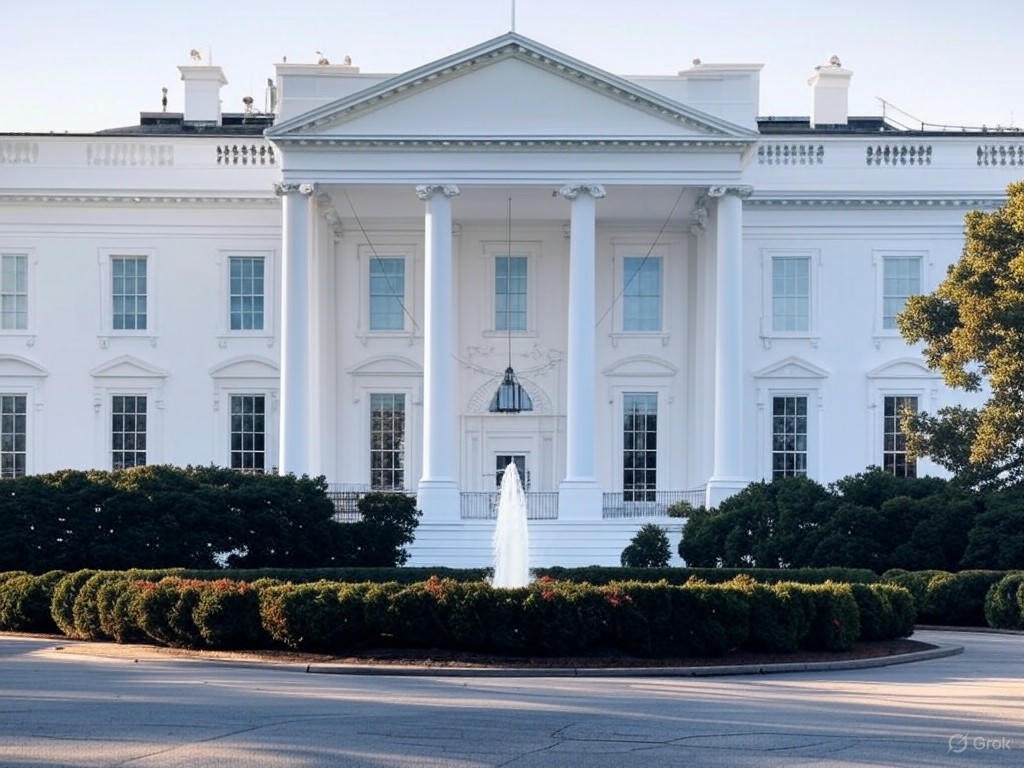Safeguarding the Nation: New Restrictions on Foreign Entry to Bolster U.S. Security
In a bold move to prioritize national security, the President of the United States has issued a proclamation that introduces stringent restrictions on the entry of foreign nationals. Announced recently from the White House, this policy aims to shield the country from potential terrorist threats and other risks to public safety. The decision, rooted in a commitment to protect American citizens, reflects a proactive approach to addressing vulnerabilities in the nation’s immigration framework. As global tensions persist and threats evolve, the administration believes that limiting access for certain individuals is a necessary step to ensure the safety of the homeland.
The proclamation comes as part of a broader strategy to tighten border controls and enhance vetting processes. While specific details about the targeted regions or groups remain undisclosed in the initial announcement, the policy is expected to impact a significant number of travelers seeking entry into the United States. This measure builds on efforts from the President’s first term, during which similar restrictions were implemented to curb potential security risks. Critics, however, argue that such policies may strain international relations and hinder cultural exchange, potentially alienating allies and affecting diplomatic ties. Supporters, on the other hand, view it as a critical safeguard, emphasizing that the government’s primary duty is to protect its people from external dangers. The debate surrounding this decision underscores the delicate balance between security and openness in a globally connected world.
Beyond the immediate implications for travelers, the policy raises questions about its long-term effects on the nation’s identity as a land of opportunity. Historically, the United States has been a beacon for those seeking refuge or a better life, and sweeping restrictions could reshape perceptions of the country’s values. The administration has assured the public that the measures are temporary and will be revisited as circumstances change, but skepticism remains about the potential for prolonged enforcement. Additionally, there are concerns about the economic impact, particularly on industries like tourism and education, which rely heavily on international visitors and students. As the government navigates these challenges, it must also address domestic calls for transparency regarding how decisions are made and who is affected.
As this policy unfolds, its implementation will likely face legal and ethical scrutiny. Advocacy groups are already mobilizing to challenge what they see as overly restrictive measures, while security experts weigh in on the effectiveness of such barriers in preventing threats. The coming months will reveal whether this proclamation achieves its goal of fortifying national security or if it inadvertently creates new obstacles for the United States on the global stage. For now, the administration stands firm, urging patience and unity as it works to protect the nation from unseen dangers. This latest step serves as a reminder of the complex interplay between safety, freedom, and international responsibility in an ever-changing world.


